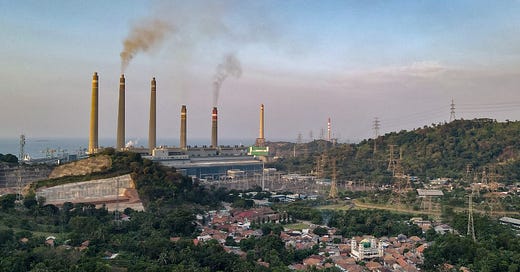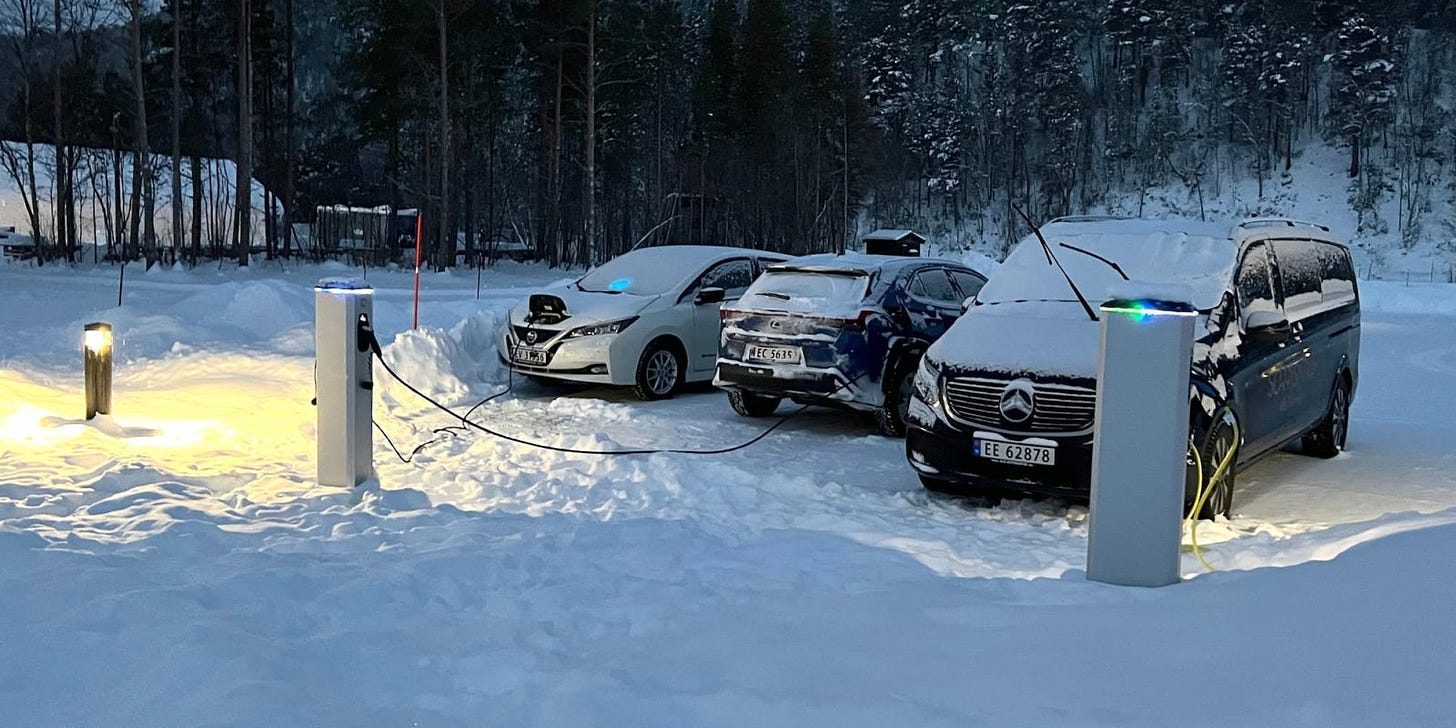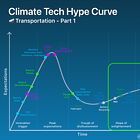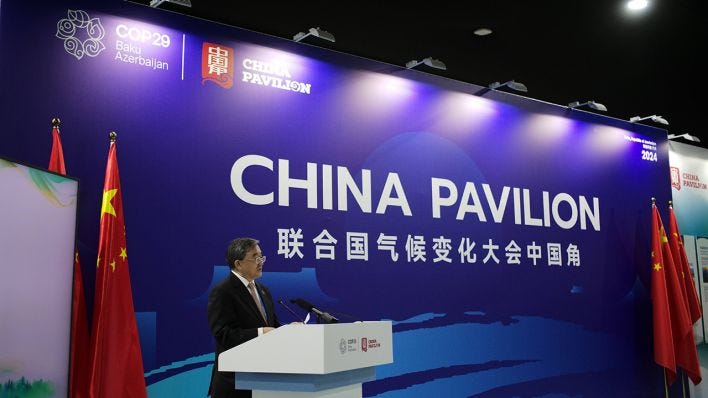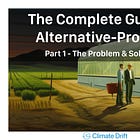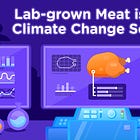Friday Five: Indonesia's Coal Exit, Norway's EV Surge, Breakthroughs in Plastics, A lot of money for Fake Meat
Your Thanksgiving positive climate news
Welcome to Climate Drift – where we spotlight climate solutions and empower you to take action in the race to net zero.
Not subscribed yet?
Hey there 👋
Skander here.
Happy Thanksgiving! We're giving thanks for the climate progress we're making.
Also, we might or might not be working on a Year in Climate presentation. We'd love to hear from you – what trends have you seen in 2024, and what predictions do you have for 2025? We already have some readers and friends of Climate Drift featured with some of their predictions, and we would love to include yours.
Add a comment or send us a message on Substack.
🌊 Let’s dive in
Join the Climate Drift Accelerator and accelerate your climate journey. We are selecting people for our next cohort now, and we're looking for talented individuals like you to make a real difference.
🚀 Apply today: Be part of the solution
1. Indonesia Moves Away from Coal
Indonesia is making a historic shift away from coal, thanks to a major energy transition agreement with G20 nations and international partners (and a little $20 Billion support package from the US & Japan). This landmark deal aims to replace coal plants with renewable energy sources over the coming decade, signaling a key pivot for one of the world's largest coal exporters. This is exactly the kind of commitment we need to see more of in emerging economies.
Read more: Indonesia to phase out coal as part of G20 Just Energy Transition
To secure $20 billion in grants and concessional loans over a three- to five-year period, Indonesia has committed to capping power sector emissions at 290 million tonnes by 2030, reaching peak emissions that same year. Funding will be split evenly between public and private sectors.
Additionally, Indonesia aims to achieve net-zero emissions in its power sector by 2050—ten years ahead of its previous target—and double the pace of renewable energy deployment to ensure at least 34% of all power generation comes from renewables by 2030.
2. How does a mostly EV market look like?
Norway is making significant progress towards an electric future. With 95% of all new car sales now being electric, the country is demonstrating how effective policy, well-designed incentives, and public support can drive a rapid shift away from internal combustion engines. It's important to remember that Norway's unique wealth and government support play key roles, making it a model with lessons to adapt rather than replicate wholesale.
Deep dive in Bloomberg’s latest deep dive: How Norway Became the World's EV Capital
Dive deeper in the current hype curve of Transportation here:
3. Pushing Forward on the Plastic Pollution Treaty
This week also marked the start of crucial negotiations for a global plastic pollution treaty. Talks are underway in Busan, where international delegates are working to finalize a binding agreement that would curb plastic production and pollution. The stakes are high, but progress here could mark a pivotal moment in reducing the environmental impacts of plastic worldwide.
More info: Crucial Week for Plastic Treaty Talks
4. China’s Growing Role in Global Climate Leadership
At the recently concluded COP29 climate talks in Baku, China took on a noticeably more cooperative and constructive role compared to previous years. Zhao Yingmin, China's head delegate and vice minister of the Ministry of Ecology and Environment, worked behind the scenes to mediate between various groups, including delegations from India, Saudi Arabia, Africa, and small island nations.
UN climate chief Simon Stiell noted that China’s continued leadership will be crucial for meeting global climate goals. While China has typically operated behind the scenes rather than leading from the front like the US or Europe, its contributions at COP29 suggest a shift towards more proactive global engagement on climate issues.
5. Jeff Bezos is spending $100 million to design the perfect fake meat
Jeff Bezos, through the Bezos Earth Fund, has committed $100 million to establish the Bezos Centers for Sustainable Protein. These centers aim to overcome significant technological challenges in producing plant-based and cultivated meats, focusing on reducing costs, enhancing quality, and improving nutritional value. A key strategy involves leveraging artificial intelligence to identify optimal plant ingredient combinations that replicate the taste and texture of animal-based products.
Want to dive into Alternative Proteins? Start with our guide here:
Chris covered Lab-Grown Meat and the long way the sector still has to become a climate solution here:
Join the Climate Drift Accelerator and accelerate your climate journey. We are selecting people for our next cohort now, and we're looking for talented individuals like you to make a real difference.
🚀 Apply today: Be part of the solution


